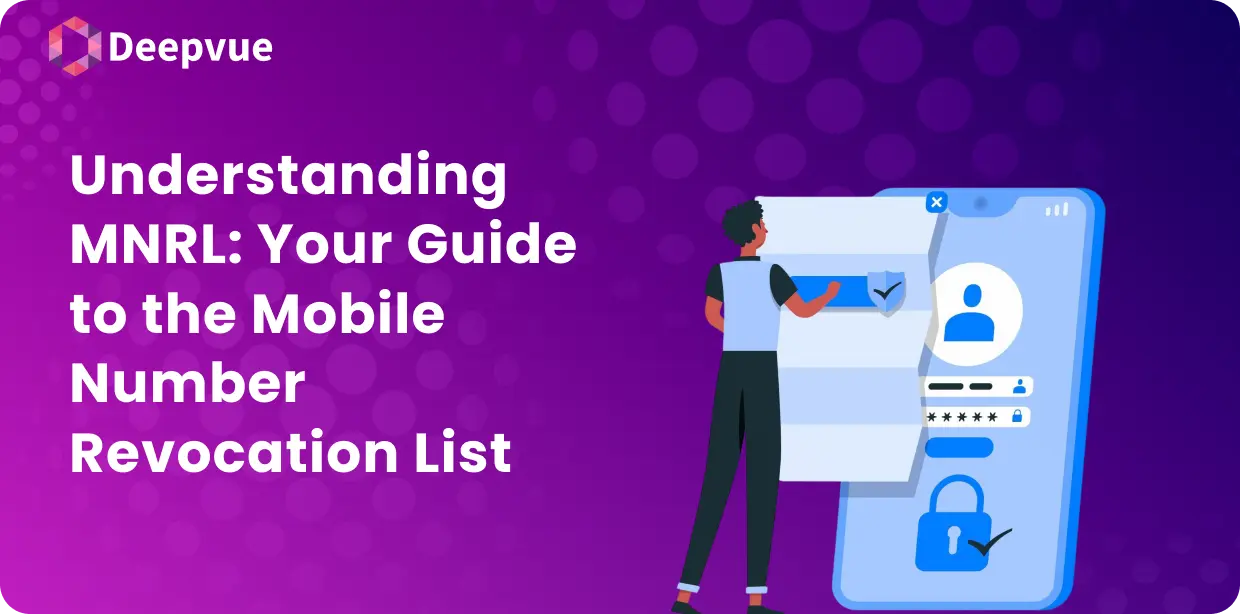What is Background Screening?
Background screening, also known as a background check, is the process of verifying an individual’s personal, professional, and criminal history. Employers, landlords, and other entities conduct background screenings to ensure that individuals meet specific criteria and to mitigate risks associated with hiring or engaging with individuals.
Components of Background Screening
- Identity Verification: This involves confirming the individual’s identity through documents such as a driver’s license, passport, or social security number.
- Criminal Record Check: A criminal record check is conducted to identify any past criminal activities. This check helps employers and other entities assess the potential risks associated with hiring or working with the individual.
- Employment History: Verifying the individual’s employment history involves checking past job titles, responsibilities, and reasons for leaving previous positions. This helps employers ensure the accuracy of the candidate’s resume and assess their suitability for the role.
- Education Verification: This component involves verifying the individual’s educational qualifications, including degrees, certifications, and academic achievements.
- Credit History: In some cases, a credit check is conducted to assess the individual’s financial responsibility. This is particularly important for positions that involve financial management or access to sensitive financial information.
Importance of Background Screening
- Risk Mitigation: Conducting thorough background checks helps organizations mitigate risks associated with hiring individuals with a history of criminal behavior, dishonesty, or other red flags.
- Workplace Safety: Ensuring that employees have a clean background promotes a safe and secure workplace environment. It helps protect other employees, customers, and the company’s assets.
- Regulatory Compliance: Certain industries, such as healthcare and finance, have specific regulatory requirements for background checks. Compliance with these regulations is essential to avoid legal penalties and maintain industry standards.
How Does a Background Check Work?
A background check involves verifying an individual’s identity, employment history, education, criminal records, credit history, and driving records. The process starts with obtaining the individual’s consent and gathering necessary information. Employers or landlords then contact previous employers, educational institutions, and relevant databases to confirm details. Specialized checks, like reference checks and drug testing, may be included. The findings are compiled into a report and reviewed for discrepancies or concerns. Compliance with legal regulations, such as the Fair Credit Reporting Act (FCRA), ensures the process is fair and confidential.
FAQs
How long does a background check take?
The duration of a background check can vary depending on the scope of the screening and the sources being checked. Typically, it can take anywhere from a few days to a couple of weeks. Some checks, such as identity verification, can be completed quickly, while more extensive checks, like criminal records or international employment history, may take longer.
Can an individual fail a background check?
Yes, an individual can fail a background check if the results reveal discrepancies or issues that do not meet the criteria set by the employer or entity conducting the check. This could include a criminal record, false information on a resume, or poor credit history. It is important for individuals to be honest and transparent during the application process to avoid issues during the background screening.






